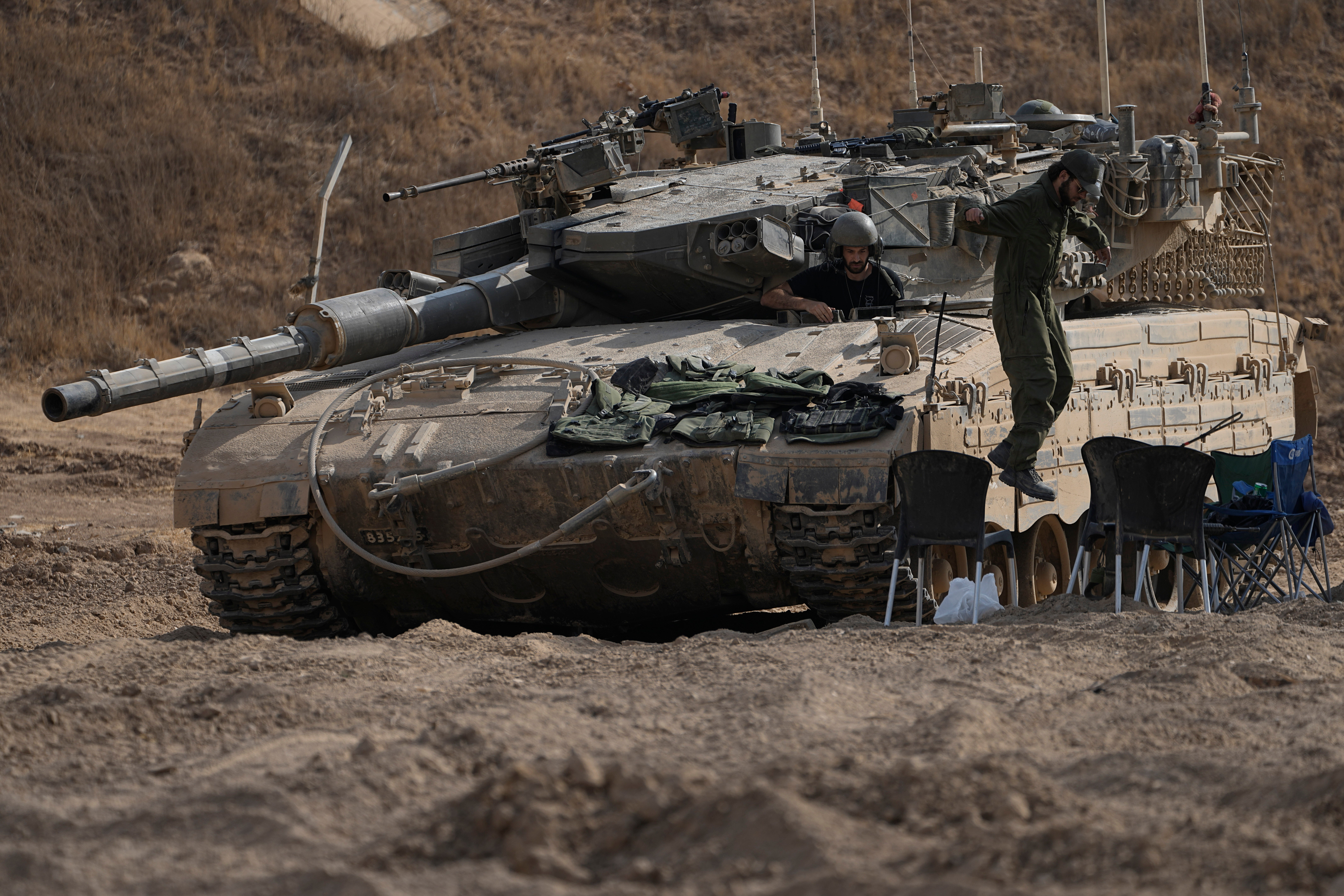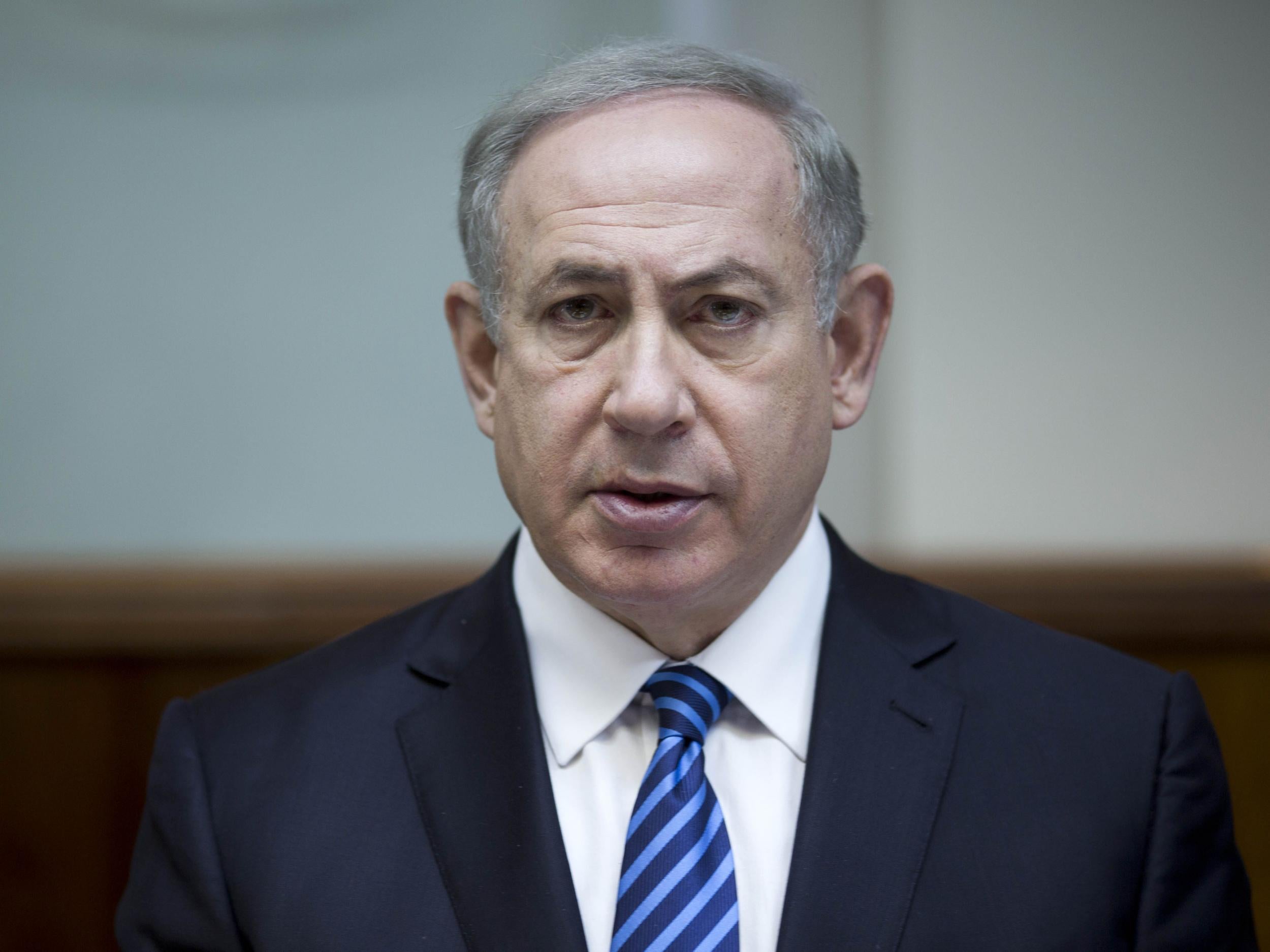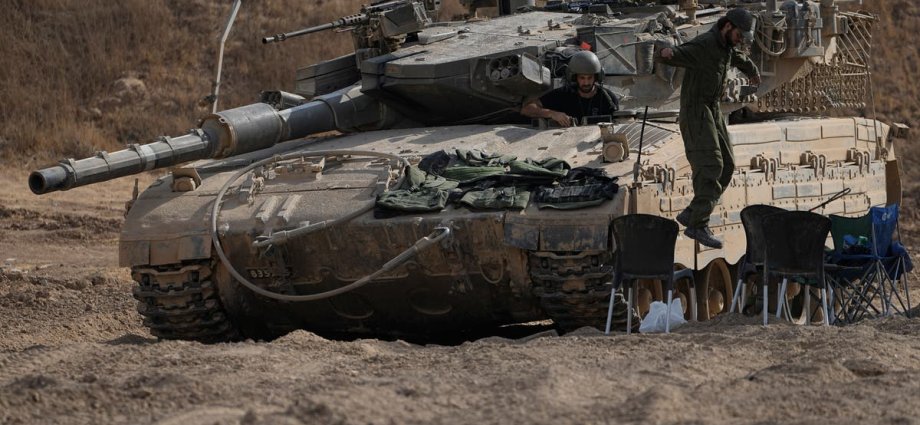Keir Starmer has dropped Rishi Sunak’s plans to challenge the International Criminal Court’s (ICC) application for an arrest warrant against Benjamin Netanyahu.
The previous Conservative government had suggested the ICC was overreaching its powers.
But No 10 has now confirmed that, under Labour, no objection will be submitted.
The matter was one “for the court to decide”, Downing Street said.

In May, ICC prosecutor Karim Khan requested arrest warrants for the Israeli prime minister and his defence minister Yoav Gallant over Israel‘s war in Gaza.
It marked the first time in ICC history that a sitting head of state and a sitting defence minister of a country supported by other powerful Western states, including the UK and US, faced arrest warrants, international law experts told The Independent.
It came weeks after even Israel’s staunchest allies called for restraint in its war in the enclave, particularly around the invasion of the southern Gaza city of Rafah, where more than a million Palestinians fled to avoid being caught up in the earlier stages of the war.
The charges against Mr Netanyahu and Mr Gallant, both members of Israel’s war cabinet, include “starvation of civilians as a method of warfare … intentionally directing attacks against a civilian population … wilfully causing great suffering … persecution as a crime against humanity … [and] extermination and/or murder.”
The UK had until Friday to decide whether or not to lodge objections.
Since winning the election, Labour has restored funding to the United Nations’ Palestine relief agency UNRWA – a major shift from Mr Sunak’s administration which suspended payments in January.
Sir Keir has also stressed that a Palestinian state has an “undeniable right” to be recognised as part of a Middle East peace process.
But the conflict in Gaza has been a thorn in the Labour leader’s side since it erupted last October.
His initial refusal to call for an immediate ceasefire was seen to cost the party votes and seats at the election.

Former frontbencher Jonathan Ashworth was one of several Labour candidates defeated by independents who made Gaza a major part of their campaign.
Commenting on the decision, a No 10 spokeswoman said: “This was a proposal by the previous government which was not submitted before the election, and which I can confirm the government will not be pursuing in line with our long-standing position that this is a matter for the court to decide on”.
She said the government believes strongly in the separation of powers and the rule of law domestically and internationally.
“I think you would note that the courts have already received a number of submissions on either side, so they are well seized of the arguments to make their independent determinations,” she added.
Mr Netanyahu responded angrily to the ICC prosecutor’s statement, saying Israelis were being painted as “mass murderers” and accusing Mr Khan of “callously pouring gasoline on the fires of antisemitism that are raging across the world”.
At the same time, Israel’s staunchest ally, the US, expressed its shock at the application. President Joe Biden called it outrageous, sadding: “And let me be clear: whatever this prosecutor might imply, there is no equivalence – none – between Israel and Hamas”.
Sacha Deshmukh, chief executive of Amnesty International UK, said: “This was a totally misguided intervention by the last government and we strongly welcome the decision to drop it.
“Instead of trying to thwart the ICC’s much-needed Palestine investigation, the UK should be backing efforts to bring all perpetrators of war crimes and possible genocide to justice.
“The UK’s standing as a genuine supporter of the rule of law requires consistency and even-handedness – if war crimes are wrong when carried out by Russian forces in unlawfully-occupied Ukraine, then they’re equally wrong when carried out by Israeli forces in unlawfully-occupied Palestinian territory.”











